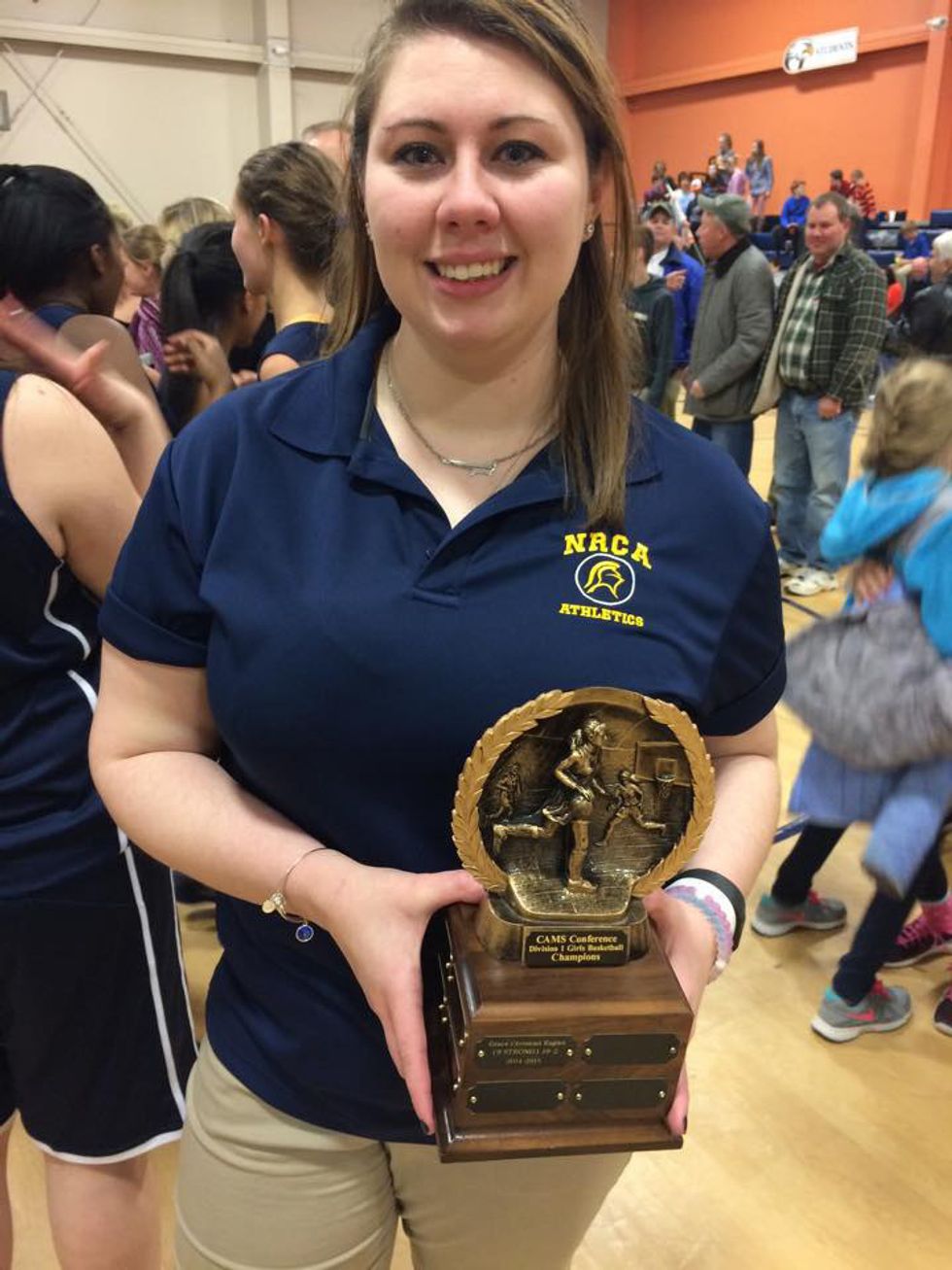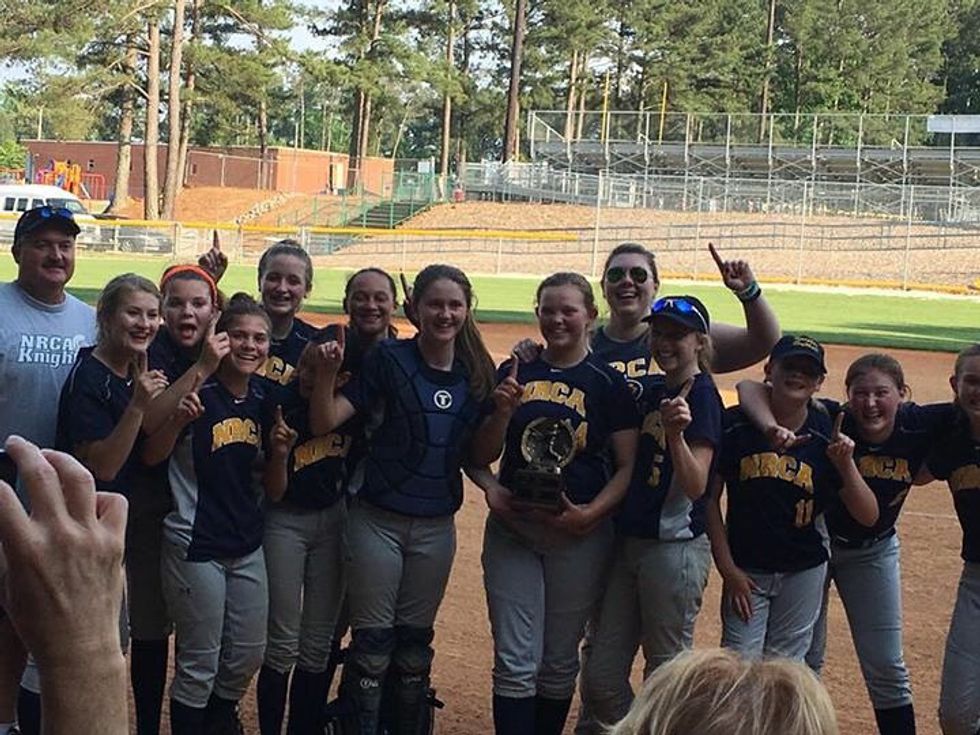I always like to joke that I was born an athlete, but that isn’t far from the truth. By 3, I was enrolled in every dance class imaginable, by third grade I was fully immersed in taekwondo, and by 13 I had found competitive basketball and was hooked in the world that is sports. Even though I have long put my soccer boots on the shelf, or laced up my basketball sneakers, I am still in the athlete state of mind. It's almost like your brain is hardwired to think of sports as a way of life.
Much like many people aspire to be doctors and lawyers, I have always aspired to study sports and fully immerse myself in the athletic world. Being an athlete came easy to me, whether it was blocking a shot with my face (unfortunately a true story that ends with me knocked out with a concussion) or shooting a basketball, it was second nature to me. However, when I stepped into the coaching world, I was given a completely different perspective.
As an athlete, you can go out and change the flow of the game by the way you play. Either by making a shot, getting that clean tackle or just being that spark plug of energy. But when you are a coach, you physically cannot change the game; your fate is left up to your players. So when I took the leap and started coaching, I had to change the way my brain was wired.
Your biggest asset as a coach is making your players believe. You have to get them to believe in you as a coach, you as a person and the style of play you believe in playing as a team. You must get them to believe to find success as a whole. I have found that my biggest asset as a coach is all the times I was told no; all the times I was told that I was not capable of being an athlete. Because whenever I look at my players, I am taken back a decade or so to when my coaches told me I was never going to be a basketball player.
I’m taken to one of my high school coaches who repeatedly benched me just so another player was in the spotlight. My biggest asset is and always will be my failures as a player. I was told time and time again I was not good enough, I was not smart enough, I was not enough. My greatest heartbreaks as an athlete help me be the best coach I can be.
My first year coaching I took two different sports programs basketball and softball respectively, from losing teams into champions. That may sound cocky, but it's true. Both teams I coach won their conference championship. At the beginning of my first coaching season, I was terrified, simply because I didn’t want to be the reason someone quit a sport they loved. I didn’t want to be the source of their tears, the reason they slowly began to hate something they lived for.
These girls had never been told that a coach believed in them. That was my conscious effort — make these girls believe in the people around them and, most importantly, make them believe in who they are as a player. How a coach handles their team, how they treat their players is going to stick with them for the rest of their life. I have been taught more life lessons through athletics, getting through the ups and downs in one piece I learned through sports.
While I am innately stubborn, some players take the negative to heart way more than I showed. I let the negatives fuel my fire and push me to prove everyone wrong. But as a coach, I want to make sure I never give my players a reason to give up because of something I said or did. Does this mean I will always have the correct things to say, keep my players (and parents) happy, inspire my team? Absolutely not, but I will go down trying to ensure that my players know they are good enough, because I have been told I was not good enough nor would I ever be good enough. That’s when I would dust myself off and remind myself that rock bottom builds more champions than those who are handed things on a silver platter.


























